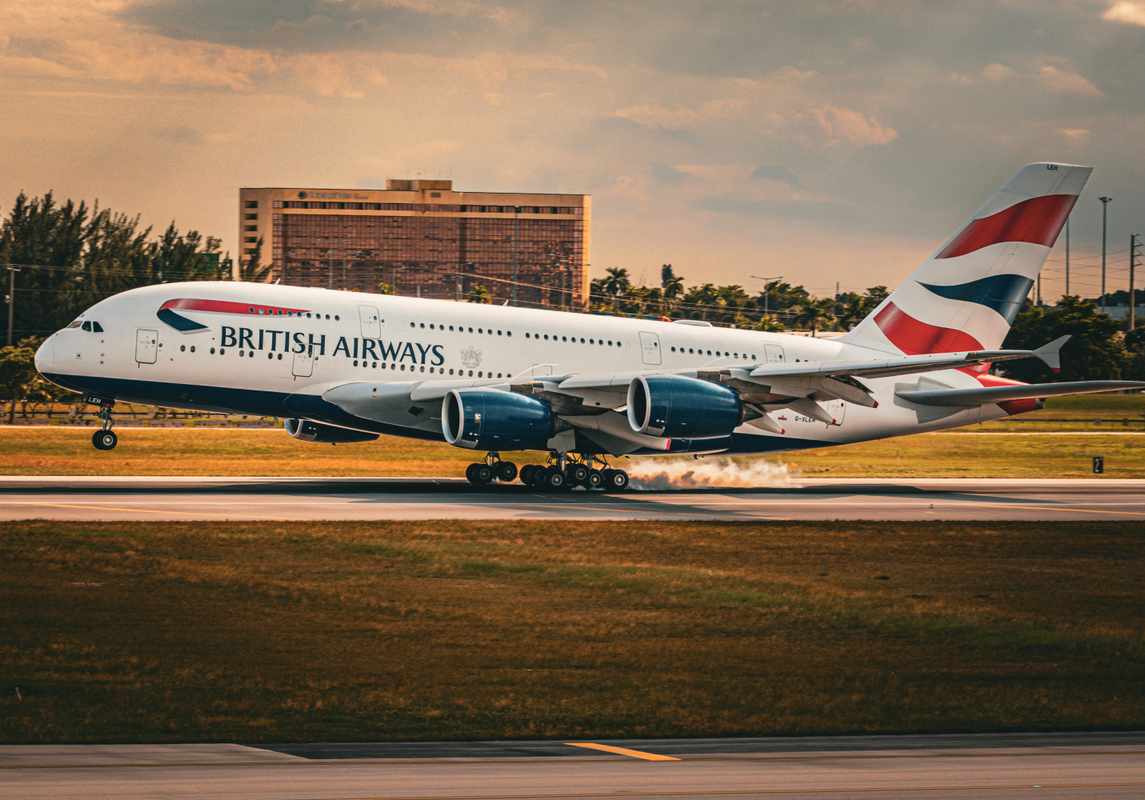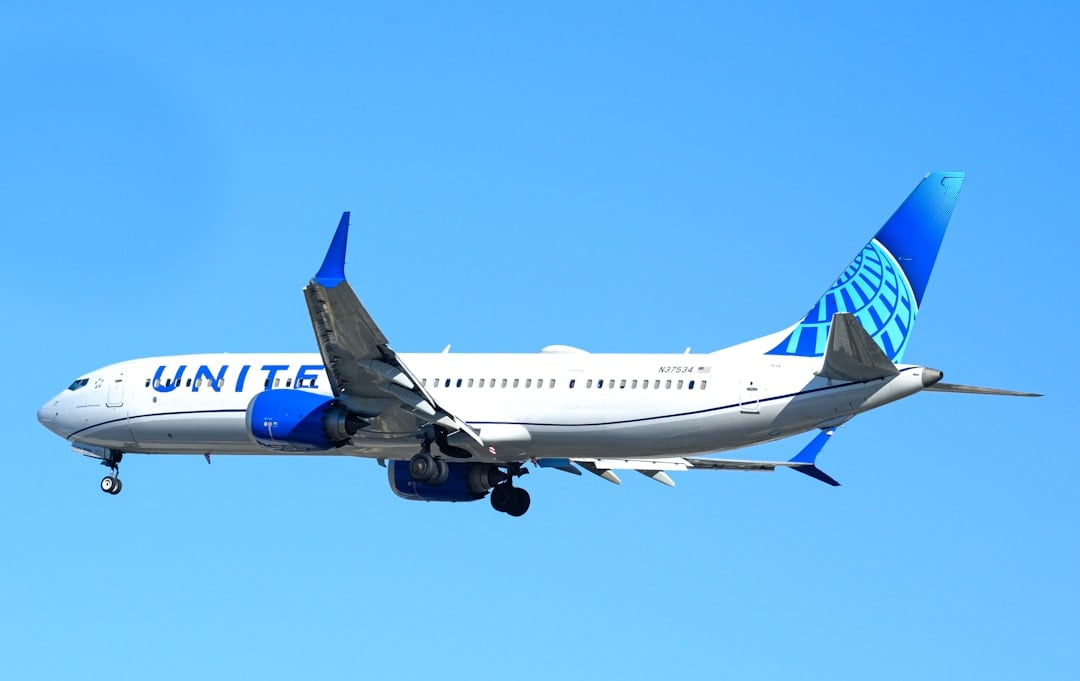Key Takeaways
• Maryland offers refugee support to recognized refugees, asylees, trafficking survivors, SIV holders, and parolees.
• Refugee Cash Assistance provides up to 8 months of financial help for work-seeking refugees without children.
• IRC and AWE offer case management, legal help, health care, and resettlement services to eligible refugees.
If you are a refugee or asylum seeker considering Maryland as your new home in 2025, you will find a wide range of support programs and resources designed to help you settle, find work, and build a safe, stable life. Maryland’s approach brings together state agencies, local organizations, and community partners to make sure newcomers have what they need to succeed. This guide will help you figure out if you qualify for these programs, what the requirements are, what might disqualify you, and what to do if you are not eligible right now. You’ll also learn how to improve your chances of getting help and where to go for more information.
Who Qualifies for Refugee Support Programs in Maryland?

Maryland’s refugee support programs are mainly for people who have been granted refugee status, asylees (people who have been granted asylum), survivors of human trafficking, and some other special groups like holders of Special Immigrant Visas (SIVs). The Maryland Office for Refugees and Asylees (MORA) is the main agency that coordinates these services, but it works with many partners to deliver help directly to people who need it.
You likely qualify for Maryland’s refugee support programs if:
- You have been officially recognized as a refugee by the United States 🇺🇸 government.
- You have been granted asylum in the United States 🇺🇸.
- You are a survivor of human trafficking or forced migration.
- You hold a Special Immigrant Visa (SIV).
- You are a parolee (someone allowed to enter or stay in the United States 🇺🇸 for urgent humanitarian reasons).
You may NOT qualify if:
- You are still waiting for your asylum application to be approved (but some services may still be available—see below).
- You are in the United States 🇺🇸 on a temporary visa (like a tourist, student, or work visa) and do not have refugee or asylee status.
- You do not have legal status in the United States 🇺🇸.
Let’s look at the main programs and what you need to qualify for each one.
Maryland Office for Refugees and Asylees (MORA): What Does It Do and Who Can Use It?
MORA is part of the Maryland Department of Human Services. It does not provide direct services to individuals but works with local agencies and organizations to make sure refugees and asylees get the help they need. MORA’s main job is to coordinate programs, distribute federal funds, and make sure services are available across Maryland.
Key Points:
– MORA does not decide if you qualify for refugee status. That is done by the federal government.
– MORA helps connect you to programs like cash assistance, job training, health care, and legal help through its partners.
– You do not apply directly to MORA for most services. Instead, you go through local resettlement agencies or community organizations.
If you are a refugee, asylee, SIV holder, or trafficking survivor, you can access MORA-supported programs through these partners.
Refugee Cash Assistance (RCA) and Temporary Cash Assistance (TCA): Who Gets It and How?
Refugee Cash Assistance (RCA):
– Who qualifies? Newly arrived refugees, asylees, SIV holders, and certain other eligible groups who do not have dependent children.
– What does it provide? Temporary financial help (usually for up to 8 months after arrival or after being granted asylum) to cover basic needs while you look for work.
– How do you apply? Through local resettlement agencies or the Department of Social Services. You can also apply online using the myMDThink portal.
– What are the requirements?
– You must be in the United States 🇺🇸 for less than 8 months as a refugee or have recently been granted asylum.
– You must not have dependent children (if you do, see TCA below).
– You must be actively looking for work and participate in employment services.
– Disqualifying factors:
– You have been in the United States 🇺🇸 for more than 8 months.
– You have dependent children (you may qualify for TCA instead).
– You are not actively seeking employment.
Temporary Cash Assistance (TCA):
– Who qualifies? Low-income families with dependent children, including refugee and asylee families.
– What does it provide? Monthly cash payments to help with living expenses.
– How do you apply? Through your local Department of Social Services or online at the myMDThink portal.
– What are the requirements?
– You must have at least one dependent child living with you.
– You must meet income and resource limits.
– You must participate in work activities unless exempt.
– Disqualifying factors:
– No dependent children in your household.
– Income or resources above the program limits.
– Refusal to participate in required work activities.
Example:
A single adult refugee without children who arrived in Maryland three months ago would apply for RCA. A refugee family with two children would apply for TCA.
International Rescue Committee (IRC) in Baltimore and Silver Spring: What Services Are Offered and Who Can Get Them?
The IRC is one of the largest organizations helping refugees and asylees in Maryland. It has offices in Baltimore and Silver Spring.
Services include:
– Case Management: Help with paperwork, finding housing, enrolling in benefits, and connecting to community resources.
– Cultural Orientation: Classes to help you understand life in Maryland, including laws, customs, and daily living.
– Youth Support: Help for refugee children to enroll in school and adjust to a new environment.
– Health Services: Connecting you to doctors, clinics, and mental health support.
– Economic Empowerment: Job search help, financial coaching, and training for new careers.
– Resettlement Support: Help with finding and furnishing housing, paying rent, and getting food and healthcare.
– Legal Services: Help with immigration paperwork, green card applications, and citizenship.
Who qualifies?
– Refugees, asylees, SIV holders, parolees, and trafficking survivors.
– Some services may be open to other immigrants, but priority is given to those with refugee or asylee status.
How to access:
Contact the IRC Baltimore office at 410-327-1885 ext. 111 or fill out an appointment request form online.
Disqualifying factors:
– Not having refugee, asylee, SIV, or similar status (some programs may have flexibility, so ask if you are unsure).
Example:
A newly arrived refugee family is met at the airport by IRC staff, taken to a furnished apartment, and given help signing up for health care and enrolling their children in school.
Asylee Women Enterprise (AWE): Who Can Get Help and What Is Offered?
AWE is a nonprofit that helps asylum seekers, trafficking survivors, and forced migrants in Maryland. Its approach is trauma-informed, meaning staff understand the emotional and mental health needs of people who have experienced difficult journeys.
Services include:
– Case management (help with daily needs and planning)
– Legal assistance for immigration cases
– Help with basic needs (food, clothing, shelter)
– Health care connections
– Community support and group activities
Who qualifies?
– Asylum seekers (even if your case is still pending)
– Survivors of human trafficking
– Forced migrants (people who had to leave their home country for safety)
– All ages and genders are welcome
How to access:
Call (443) 850-0627 for help or to check if you qualify.
Disqualifying factors:
– None based on age, gender, or immigration status, but services are focused on those with the greatest need.
Example:
An asylum seeker waiting for a decision on her case gets help from AWE with food, housing, and legal support.
Refugee Health Care and Immigrant Health Care Connection Program: Who Is Eligible and What Is Provided?
Refugee Health Assessment (RHA):
– Who qualifies? All newly arrived refugees in Maryland.
– What does it provide? A free health screening soon after arrival to check for medical needs and connect you to ongoing care.
Ongoing Health Care:
– After the initial screening, refugees are encouraged to set up regular medical care with a primary doctor and get specialty care as needed.
Immigrant Health Care Connection Program (IHCC):
– Who qualifies? Refugees and other ORR-eligible clients (including asylees and SIV holders) for up to five years after arrival.
– What does it provide? Help finding doctors, mental health care, insurance, and Medicaid providers. Support is available in your language and is sensitive to your culture.
– How to access: Through Lutheran Social Services or your local resettlement agency.
Disqualifying factors:
– Being in the United States 🇺🇸 for more than five years (for IHCC).
– Not having refugee, asylee, or similar status.
Example:
A refugee who arrived two months ago gets a health screening, then is helped by IHCC to find a family doctor and mental health counselor.
Federal and State Policy: How Does It Affect Eligibility?
Maryland continues to support refugees and asylum seekers even when there are changes or delays at the federal level. State officials and local organizations work together to make sure services remain available and to push for more funding and support from the federal government.
Key points:
– Maryland’s programs are open as long as you meet the eligibility rules, even if there are changes in federal refugee admissions.
– State leaders are working to make it easier for skilled refugees to work in fields like health care and education.
What If You Are Not Eligible?
If you do not qualify for refugee support programs in Maryland right now, you still have options:
- Community-Based Help: Some local nonprofits and faith groups offer food, clothing, and emergency help to all immigrants, regardless of status.
- Legal Aid: Organizations like the IRC and AWE may offer low-cost or free legal advice to help you understand your options and possibly change your status.
- Education and Training: Community colleges and adult education centers may have classes or job training open to all immigrants.
- Health Care: Some clinics offer care on a sliding scale or for free, even if you do not have insurance or legal status.
How to Improve Your Chances of Qualifying:
– Apply for asylum as soon as possible if you have not already done so.
– Keep all your documents (like your I-94, work permit, or asylum approval notice) safe and bring them to appointments.
– Ask for help from a legal aid group to see if you can change your status or qualify for more programs.
– Stay in touch with resettlement agencies for updates on new programs or changes in eligibility.
Contact and Resource Information
Here are some key organizations and how to reach them:
- Maryland Office for Refugees and Asylees (MORA): Coordinates refugee programs and cash assistance. Visit the Maryland DHS website for more information.
- International Rescue Committee (IRC) Baltimore: Resettlement, case management, employment, health. Phone: 410-327-1885 ext. 111.
- IRC Silver Spring: Resettlement, economic empowerment, legal aid. Contact your local IRC office.
- Asylee Women Enterprise (AWE): Case management, legal aid, trauma-informed care. Phone: (443) 850-0627.
- Lutheran Social Services (IHCC): Health care navigation and support. Access through MORA or your local resettlement agency.
Official Government Link for More Information
For the most up-to-date details on refugee support programs, eligibility, and how to apply, visit the Maryland Office for Refugees and Asylees page.
Summary and Next Steps
Maryland offers a strong network of support for refugees and asylum seekers, including cash assistance, job help, health care, legal aid, and community integration. The Maryland Office for Refugees and Asylees works with many partners to make sure these services reach those who need them most. If you are a refugee, asylee, SIV holder, or trafficking survivor, you likely qualify for many of these programs. If you are not sure, reach out to one of the organizations listed above—they can help you figure out your options.
As reported by VisaVerge.com, Maryland’s commitment to welcoming refugees and supporting their successful integration remains strong, even as federal policies change. The state’s programs are designed to help newcomers become self-sufficient, healthy, and active members of their new communities.
If you need help, start by contacting the Maryland Office for Refugees and Asylees or a local resettlement agency. Bring your documents, ask questions, and don’t be afraid to seek support. Maryland’s refugee support programs are here to help you build a new life.
Takeaways:
– Check your status: Make sure you know if you are a refugee, asylee, SIV holder, or trafficking survivor.
– Apply for help: Use the myMDThink portal or contact local agencies to apply for cash assistance and other services.
– Ask about other options: If you are not eligible, look for community groups, legal aid, and health clinics that help all immigrants.
– Stay informed: Policies and programs can change, so keep in touch with resettlement agencies and check official websites for updates.
Maryland’s welcoming approach means you do not have to face the challenges of starting over alone. With the right information and support, you can take the first steps toward a safe and successful future in your new home.
Learn Today
Refugee → A person forced to flee their country due to persecution or danger, recognized by the federal government.
Asylee → An individual granted asylum protection after a successful application in the United States.
Special Immigrant Visa (SIV) → A visa given to certain groups, like Afghan allies, allowing entry to the United States.
Refugee Cash Assistance (RCA) → A temporary financial support program for new refugees without dependent children, lasting up to eight months.
Maryland Office for Refugees and Asylees (MORA) → State agency coordinating refugee programs but not determining refugee status eligibility.
This Article in a Nutshell
Maryland provides coordinated refugee support programs for newcomers, including financial aid, health care, legal services, and employment help. Key agencies like MORA, IRC, and AWE guide refugees and asylees through eligibility and accessing essential services to build stable lives in the state.
— By VisaVerge.com







